Notes from the Wildlife Care Naturalist:
You Found a Hurt Animal— But Does It Actually Need Your Help?
by Emily Stauss
Spring and summer usher in new life, and that new life often finds itself in harm’s way as it learns to navigate the world. These are also the most common times for people to find hurt, abandoned, and orphaned animals. But do these animals need help? Usually, they do not, and the best course of action most of the time is to leave them alone. Normally, their parents are nearby and watching them. The following instructions can help if you find a hurt animal and need guidance.
If you found a baby animal, determine if the animal is injured. Is it bleeding or dragging a wing or leg? If not, it likely does not need help and its parents are nearby keeping watch over it, even if you cannot see them.
Never offer food or water to any wild animal for any reason. If an animal is injured, food and water can worsen its injuries. If it is not injured, offering food and water can cause the animal to depend on humans for food, or make it sick if the food is inappropriate for the species.
Often, people are worried about predators and cats threatening baby wildlife that they find in their yard. Learning to deal with predators is a normal and important stage of all animals’ lives. The presence of predators is never a reason to remove a healthy animal from the wild. It is the responsibility of cat owners to keep their cats inside to protect the environment, not to remove the wildlife from the wild.
All wildlife that has been attacked by a cat or dog should be treated by a licensed rehabilitator.
Never attempt to rehab an animal on your own. In Alabama, it is illegal to rehab most animals without a license because of the high level of training and special equipment that wildlife need in order to be properly cared for. Wild animals are dangerous to both humans and pets and can carry diseases. Always call a licensed rehabber.
When in doubt, call a licensed rehabber for advice. You can find a list of all licensed rehabbers at this link: https://www.outdooralabama.com/wildlife-rehabilitation/current-wildlife-rehabbers
Never give an injured animal to an unlicensed rehabber or to someone who contacts you on social media who is not listed on the link above.
Birds: It is very common this time of year for wildlife sanctuaries to receive calls of “hurt baby birds”, often with the description that they fell out of the nest, cannot fly, have no tail, and are hopping and begging for food. This is a stage of a bird’s life called “fledging”, its parents are still caring for it and it is normal. Unless a bird is obviously injured, lethargic, or has been attacked by a predator, it likely does not need help.
Fawns: People often find fawns laying in the grass and assume they are abandoned. It is very common for does to leave their babies hidden in the grass while they forage. They will only visit their babies 4-6 times per day for 15-30 minutes at a time. Unless a fawn has not moved in 48 hours, it likely does not need help.
Rabbits: Rabbit nests are often found by pets or while doing yard work. Like deer, the rabbit does only visit their kits 2-3 times per day. If the rabbit kits are warm, cuddled together in a bunch, and do not have wrinkled skin, they do not need help and their mother is taking care of them.
Opossums: If you find an abandoned opossum, it is only in need of help if it is less than 7 inches long. If it truly is abandoned, do not attempt to care for it yourself - call a licensed rehabber.
High-risk rabies vectors: If you find any animal that is a high-risk rabies vector, such as foxes, raccoons, skunks, or bats, do not touch them, because they are at risk for carrying rabies. Call a rehabber licensed for rabies vectors immediately to ask for help. Rabies is a very serious disease and cannot be cured.
As always, when in doubt, call a licensed rehabilitator found on the link provided. All wildlife is equally valuable, whether it has fur, feathers, or scales, and we thank you for caring about all wildlife this summer!

